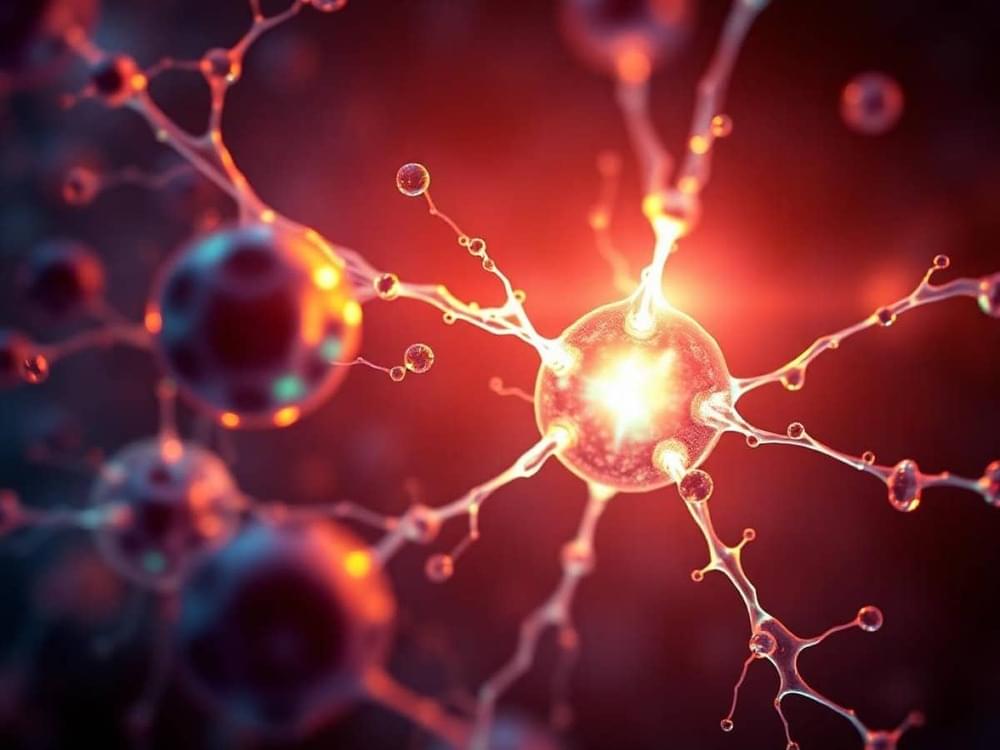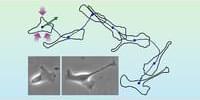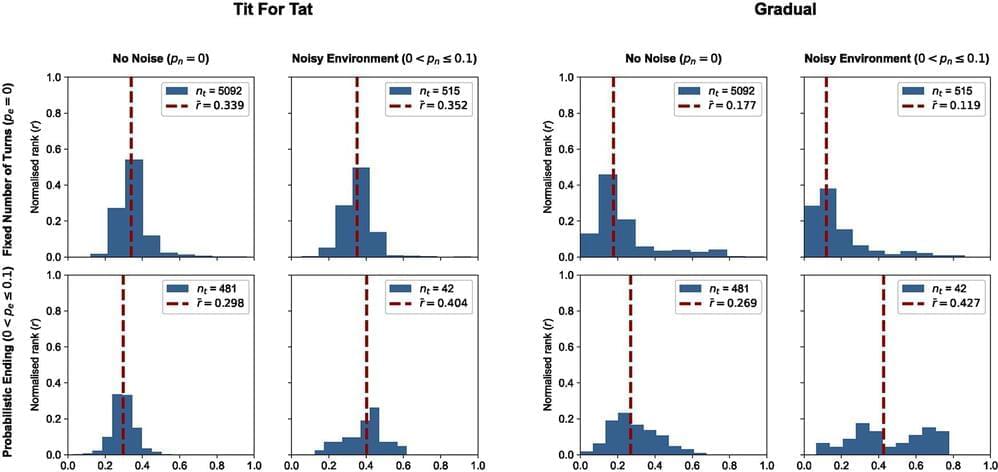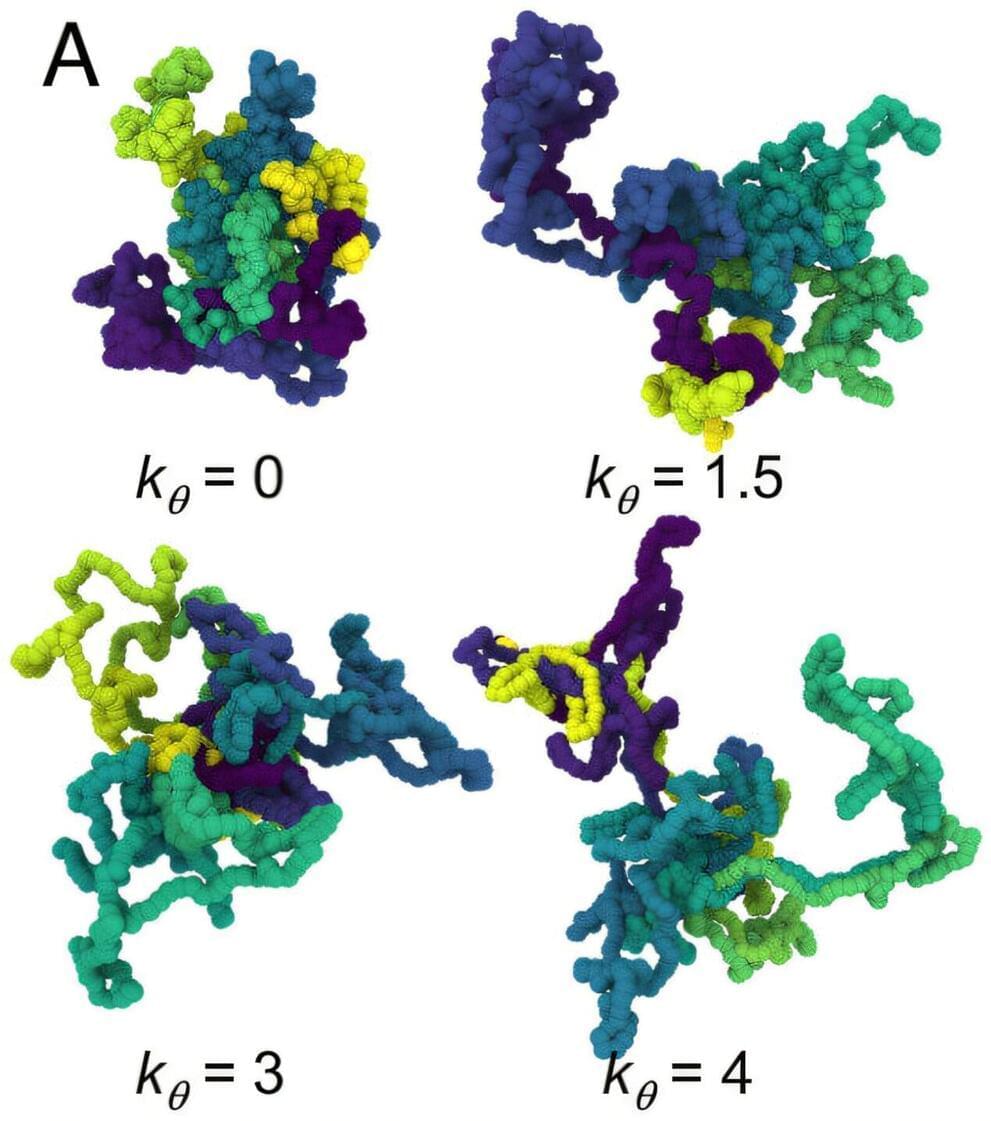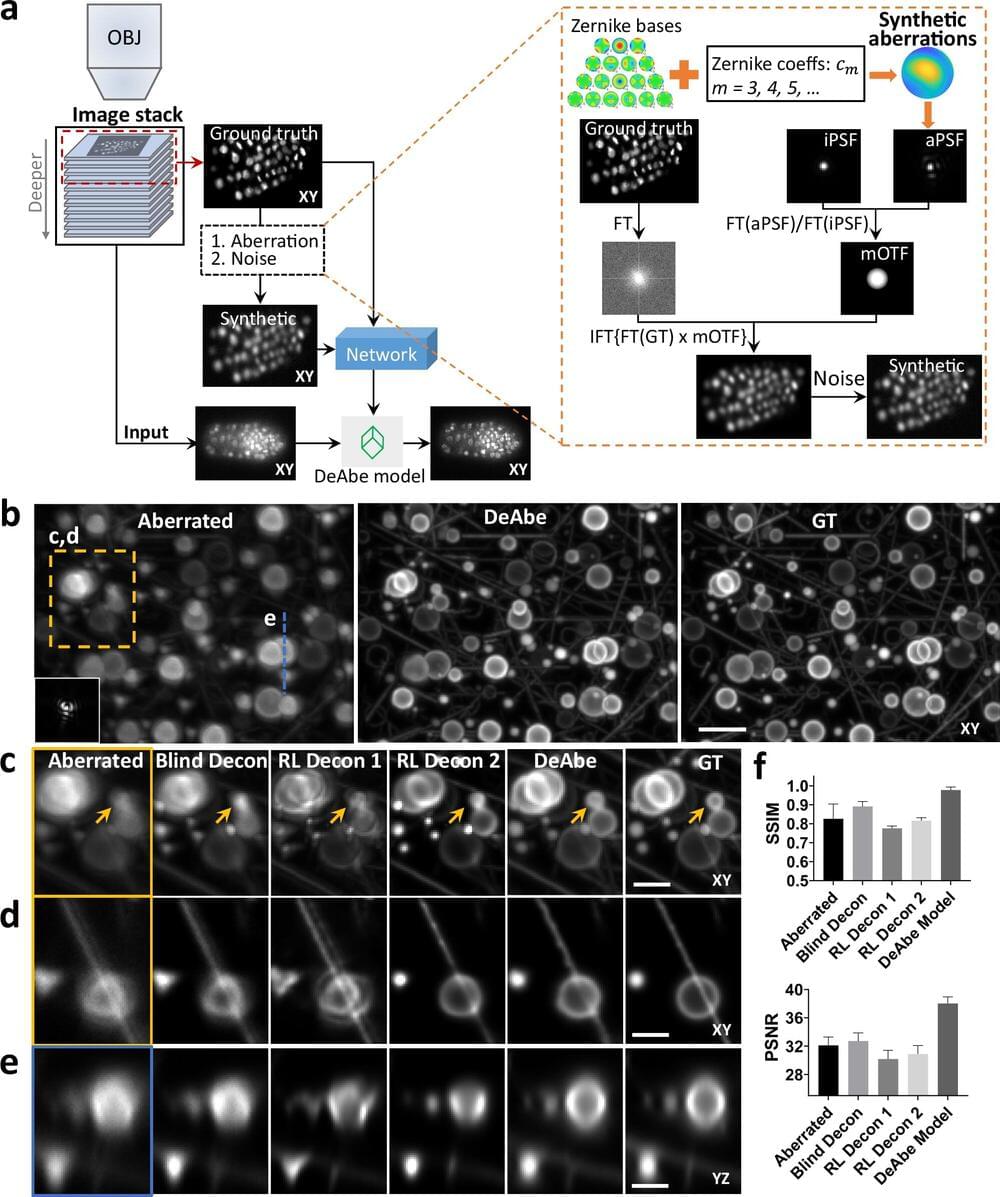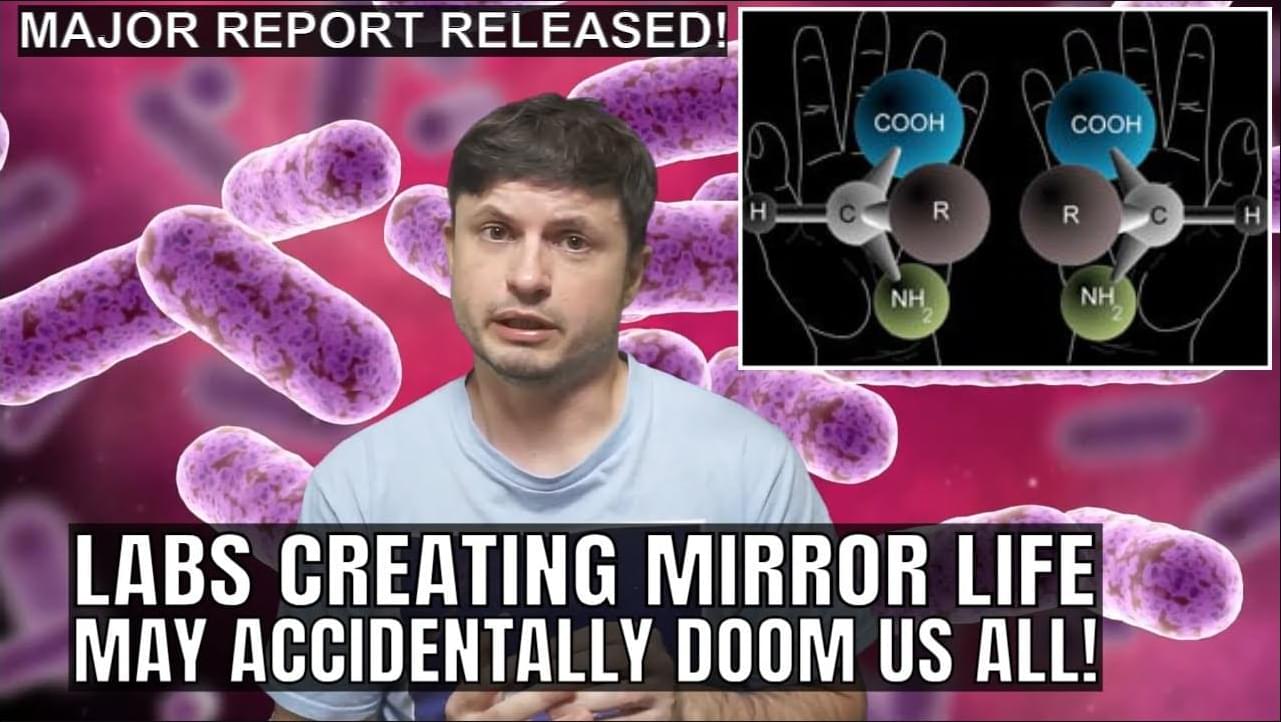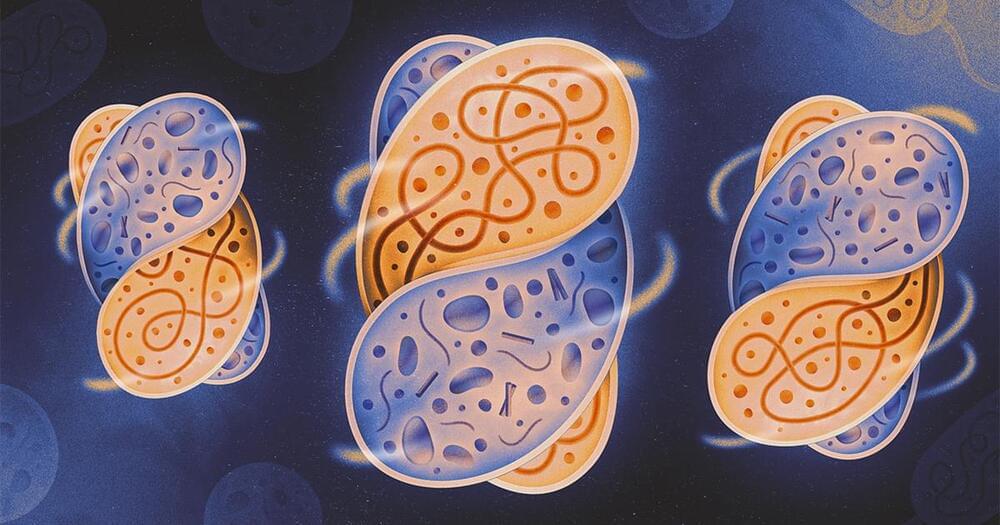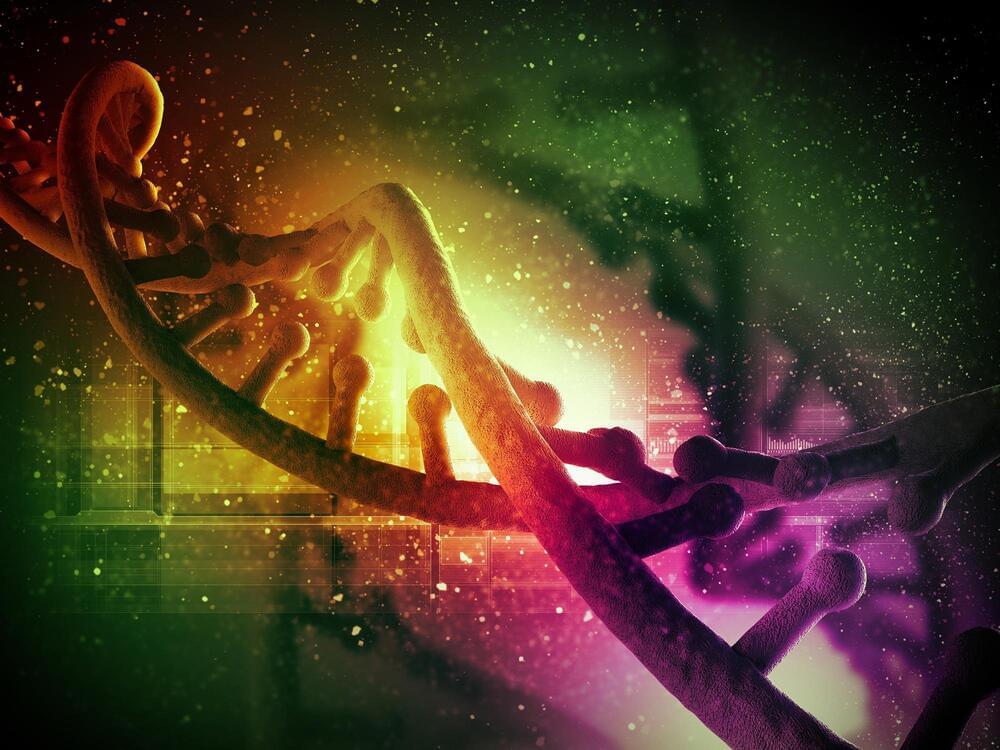Jan 8, 2025
Quantum Light: How Cells Communicate Unveiled!
Posted by Genevieve Klien in categories: biological, quantum physics
A century ago, a scientist named Alexander Gurwitsch introduced a groundbreaking concept: living cells emit a faint ultraviolet light, invisible to the naked eye, which they use to communicate with each other and stimulate internal processes. At the time, his theory was dismissed due to lack of solid evidence. Today, thanks to advances in quantum physics, Gurwitsch’s ideas are resurfacing, providing a fascinating new perspective on cellular biology.
In the 1920s, Gurwitsch, a Russian biologist, conducted experiments that challenged the scientific thinking of his time. He observed a peculiar phenomenon when placing the tip of an onion root close to another root.
In detail, the researcher noticed that more cell divisions occurred on the side of the root that was exposed to the tip. This phenomenon seemed to suggest a form of communication between cells, stimulated by a specific type of light. However, this light was not visible like the everyday light we are used to. It was a very faint ultraviolet light, which could travel through air and certain materials like quartz, but was blocked by others, such as glass.
